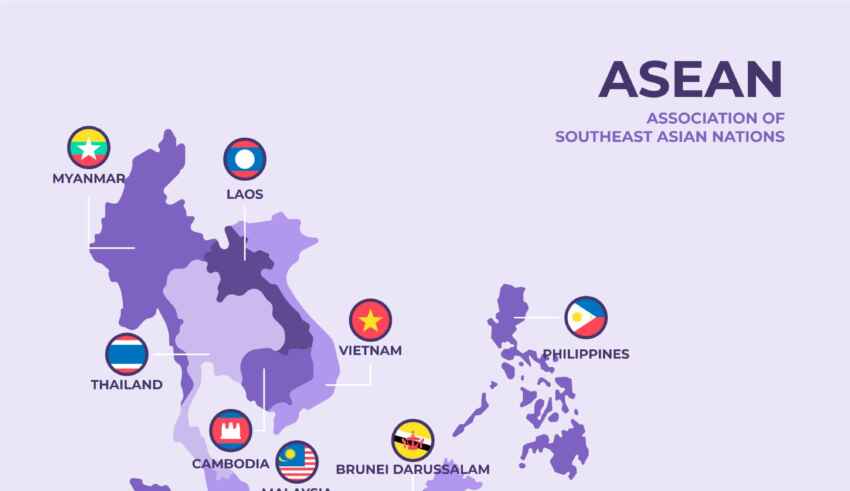
China, Taiwan, Vietnam, Philippines, Malaysia, and Brunei are countries that are surrounding the South China Sea which is an area of dispute because of territorial interests. Concurrently, disputes over islands, like the Second Thomas Shoal, and territorial waters have their roots in history in combination with economic motives based on strategic concerns and exploitation of sea life, as well as national prestige. Without understanding the background, one cannot untangle the complexities in the diplomatic challenges.
The huge region of the South China Sea is now a geopolitical minefield, characterized by overlapping and contentious claims of sovereign control and contested maritime boundaries, all presenting serious political dilemmas. Nations are struggling over control of this vital water passage and consequently, the world has become complex, which causes attention when it comes to negotiations.
The diplomatic challenges in the South China Sea proves the need for diplomacy to ensure that disputes arising due to the issue of sovereignty, territorial claim conflicts and the possibility for the escalation of military are effectively dealt with.
Recently, there has been an increase in military activities, regional assertiveness, and strategic moves within the South China sea. The case with China and the nine-dash line attracts world attention and contradicts the accepted principles regarding maritime law. In return, the United States as well as neighbouring actors such as Australia and Japan have responded through heightening their marine activity in order to maintain an equilibrium of power.
This week there were charges made by China against the United States for disturbing the situation in the South China sea. A Chinese warship was sent to keep watch over an American vessel, the USS Gabriell Gifford which was showing increasing rivalry in the area. However, the contention surrounding the Spratly islands and multiple claimant states made the geopolitics even more complicated. In addition to that, the United States carrying out regular operations in the area made the situation even more worse.
The incident with the USS Gabrielle Giffords is symbolic of a bigger competition taking place within the South China Sea. China continues to view the United States as the main challenger of peace and stability in the Asia-Pacific region, while the USS’s naval actions are oriented towards ensuring a free and open Indo-Pacific. The repercussions do not end with the exchange of insults but spread across borderlines.
The ability of addressing the possible concerns and challenges that will come up during the course of transitioning from rivals to partners cannot be overlooked. This involves making evaluative assessments of strategic concerns such as geopolitical implications or how these transformations will affect national interests of both countries.
Despite the diplomatic challenges, there is a way out of the diplomatic problems surrounding the South China Sea. This include multilateral dialogues like the ASEAN-led forums which are conducive to promotion of interaction and comprehension. Dispute resolution can be mediated internally or through the international community based on the observance of international law. There is a possibility of opportunities in a joint pursuit of resource development and environmental conservation programs, where they can meet in the middle.
Nevertheless, there is some hope that small steps in diplomacy may make positive fruits down the road. Shuttle diplomacy is demonstrated by mobile middle powers taking disputants to joint development zones in Indonesia. However, China’s periodical curb signs are the breeding grounds in which de-escalating mutually is possible. However, acquiring stability may necessitate that everyone involved to restrain themselves.
In conclusion, the diplomatic challenges within the South China Sea continue to pose serious implications, intensifying the tense situation after the latest developments. The importance of strategic diplomacy, multilateral cooperation, and observance of international laws increases with growing nationalistic trends. In addition, there is a need for striking a balance because despite the diplomatic solutions being a much better option, confrontation will make more sense in these circumstances if the peace and the stability of the South China Sea are to be maintained.
By The European Institute for International Law and International Relations
References
Al Jazeera. (2023, December 4). Beijing accuses US Navy of “illegally” entering South China Sea Territory. https://www.aljazeera.com/news/2023/12/4/us-navy-ship-illegally-intruded-in-south-china-sea-territory-says-china















